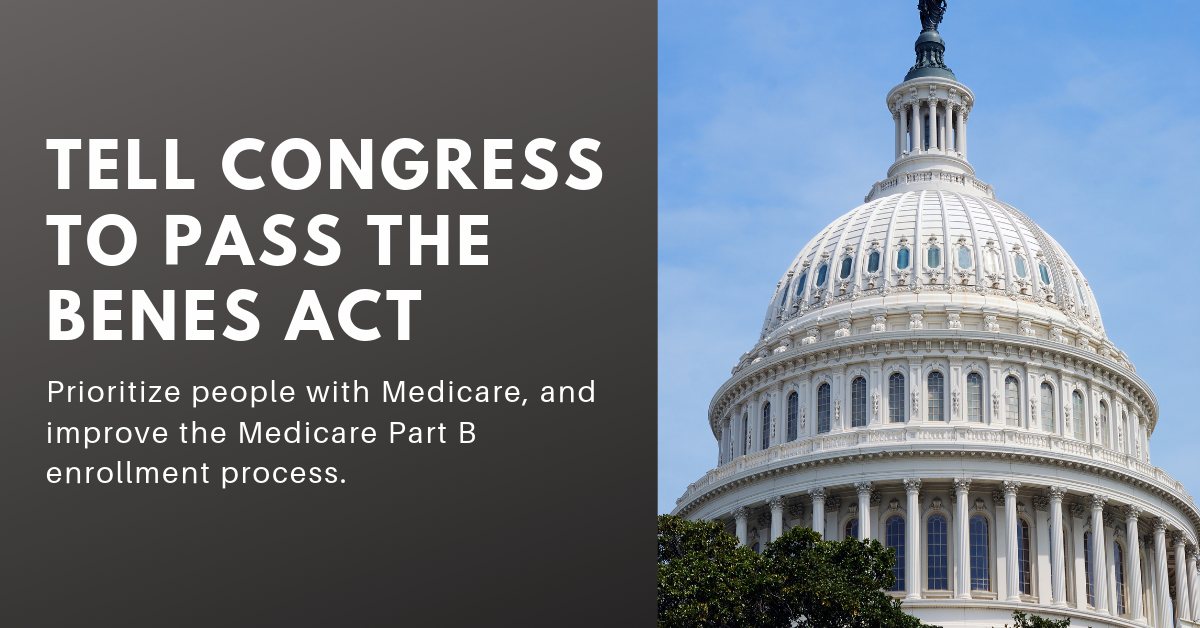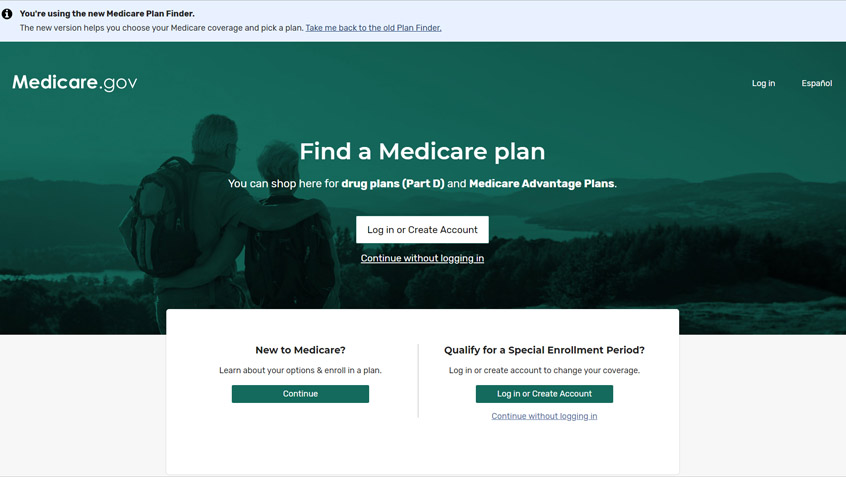
Ways to Expand Access to Dental Coverage for People with Medicare
Currently, Medicare does not cover most dental services. The Kaiser Family Foundation (KFF), a non-partisan, non-profit focused on national health issues, recently released an issue brief discussing various options to increase access to dental coverage for people with Medicare. According to the brief, nearly two out of every three Medicare beneficiaries have no dental coverage, leading many to go without necessary care.








